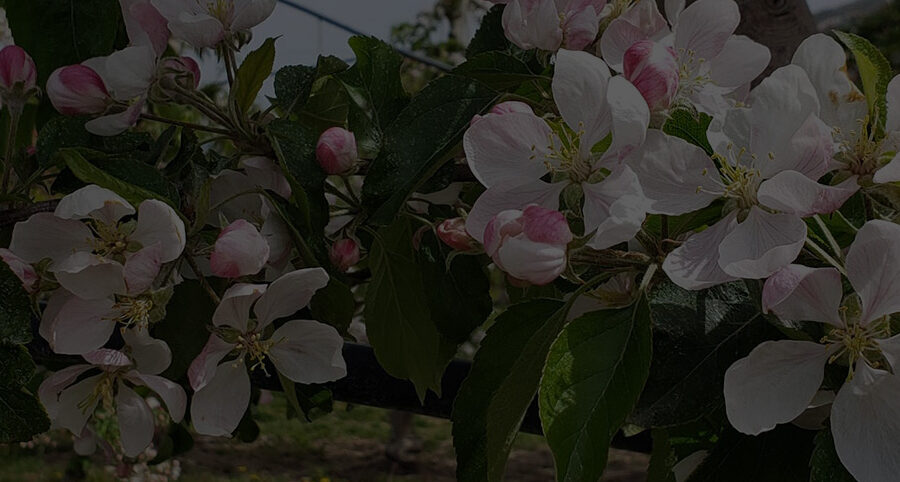Cascadia Conservation District has cost-share opportunities for agricultural landowners, including small-scale or urban farms, interested in installing conservation practices to improve natural resource issues. Farm Conservation Planning is a free service to all agricultural landowners looking to apply for financial assistance programs.
How it Works
Phase 1: Meet with our Natural Resource Specialist to Receive Recommendations and Resources.
- Request a site visit with a Resource Specialist by contacting (509) 436-1601 or [email protected].
- Schedule a 2-hour site visit to gather information, take photos, and inventory the farm or ranch.
- Our Resource Specialist will recommend alternative practices to reduce or eliminate the natural resource issue(s). We refer to these practices as “Best Management Practice” or BMP.
Phase 2: Select Conservation Practice(s) to Implement on Your Farm and Apply to Cost-Share Programs.
- Landowners and operators will determine which conservation practices (BMPs), if any, they wish to install. In addition, you will learn about other Federal, State, and local financial assistance program opportunities available to you.
- Develop a budget proposal to implement selected BMPs.
Budgets include equipment rental costs, labor at a $25/hour volunteer rate (self-installed practices, no hired help), contractor estimates, and supplies/materials needed to adequately install the practice. Gasoline, diesel, and soil amendments, such as compost, are not eligible for reimbursement.
- Apply to relevant cost-share programs. Generally, this process can take several months to years, depending on timelines, available funding, and District capacity.
[Insert CCD cost-share application, FAQs, and checklist]
Phase 3: Agree to Cascadia CD as a Partner to Install Your Objective BMPs
- Receive award notification, pending funding and ranking.
- Finalize the budget and enter into a contract or agreement related to the conservation practices to be installed.
Once the contract is approved by our Board of Supervisors through signature, the Participant may begin purchasing supplies and materials.
IMPORTANT: We do not cover the expense of incurred costs prior to Board signature - Undergo a cultural resource assessment prior to project implementation to prevent damaging historically significant discoveries.
Phase 4: Install BMPs over a Pre-Determined Timeline
- Install Best Management Practice(s). The Resource Specialist will certify the practice has been implemented to standards.
- Submit invoices, receipts, timesheets, and related documentation of all project aspects. Project reimbursement is not eligible without proper documentation of all financial statements. Timesheets tracking labor hours towards the project must be submitted for landowner implemented projects only.
- Receive your cost-share reimbursement via check about 30 days after the project closes. Participants will have to pay the full costs of implementing a BMP. We cannot reimburse you until the entire project has been completed.
Phase 5: Maintain and Monitor BMPs
- Maintain and monitor the project throughout the conservation practice lifespan. Update Cascadia with any changes, including selling the property or land use changes.
- Perform annual check-ins with Cascadia through email, phone, postcard, or site visit. It is recommended to re-evaluate conservation plans every 5-10 years to identify new natural resource concerns.
- Enjoy the benefits of your new natural resource project!
Cascadia Conservation District has a maximum cost-share rate policy based on the project type. The rate is determined by our five-person Board of Supervisors and is updated regularly.
| Cost-Share Rate | Project Type |
| Up to 50% | Soil Health, Wildlife and Pollinator, Livestock |
| Up to 60% | Irrigation efficiencies |
| Up to 80% | Forest Health – refer to our Cost-Share Forest Health page (LINK to webpage) |
| Up to 100% | Riparian Restoration – refer to our Stream Restoration page (LINK to webpage) |
Examples of Cost-share projects recently implemented in Chelan County, Washington include:
- Irrigation Efficiencies on pear-apple orchard blocks in Cashmere
- Pollinator and Wildlife Habitat in Cashmere
- Soil Health (cover cropping), new efficient irrigation system, and hedgerow in Leavenworth
- Nutrient and Animal Waste Management in Chelan
